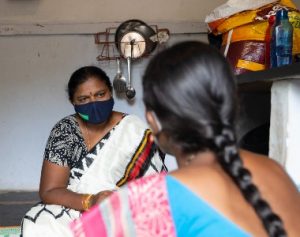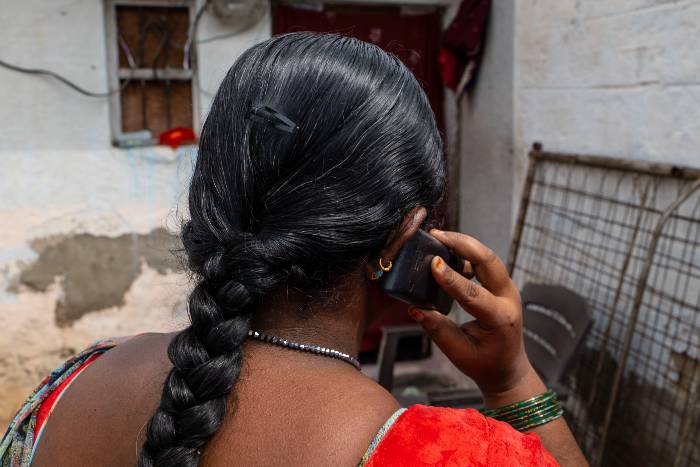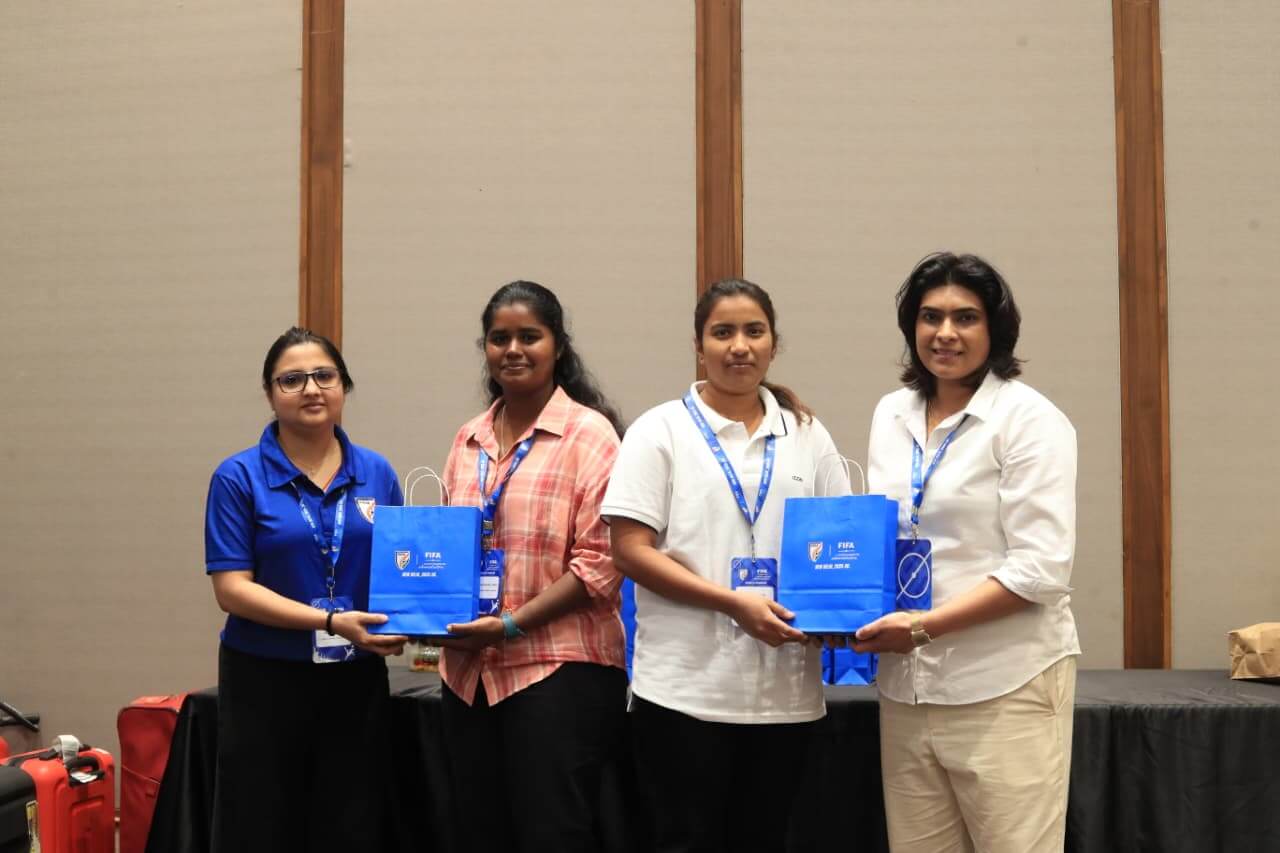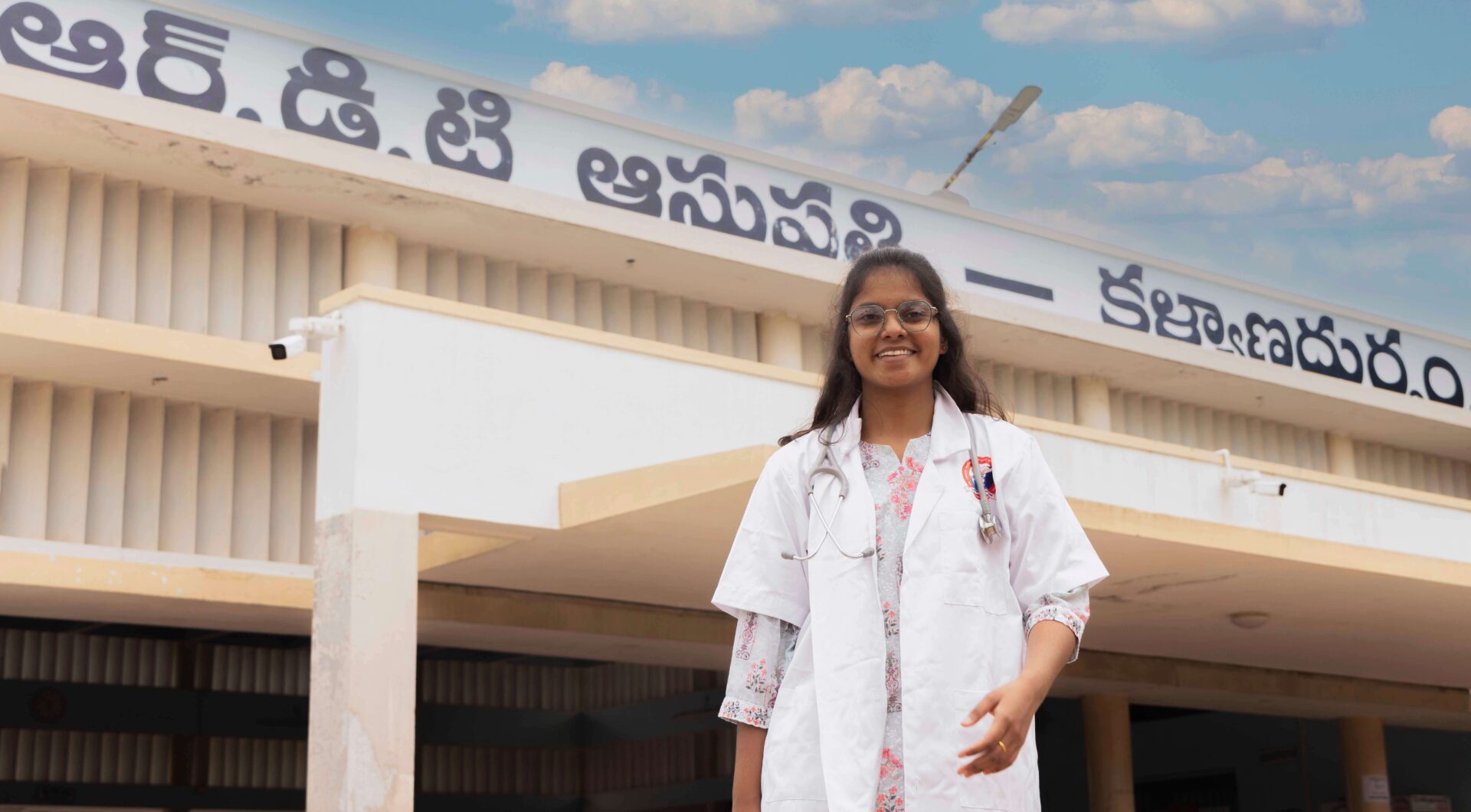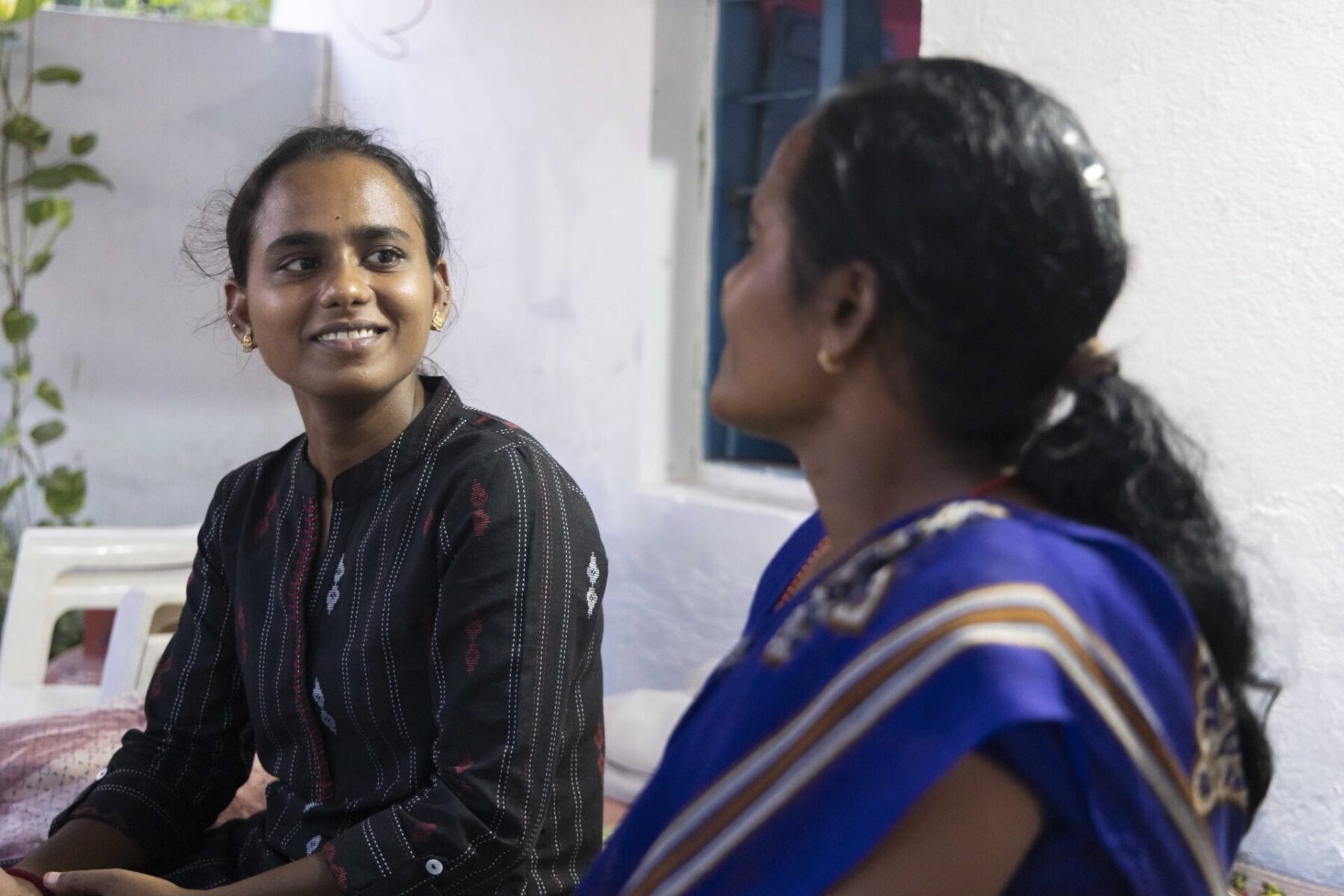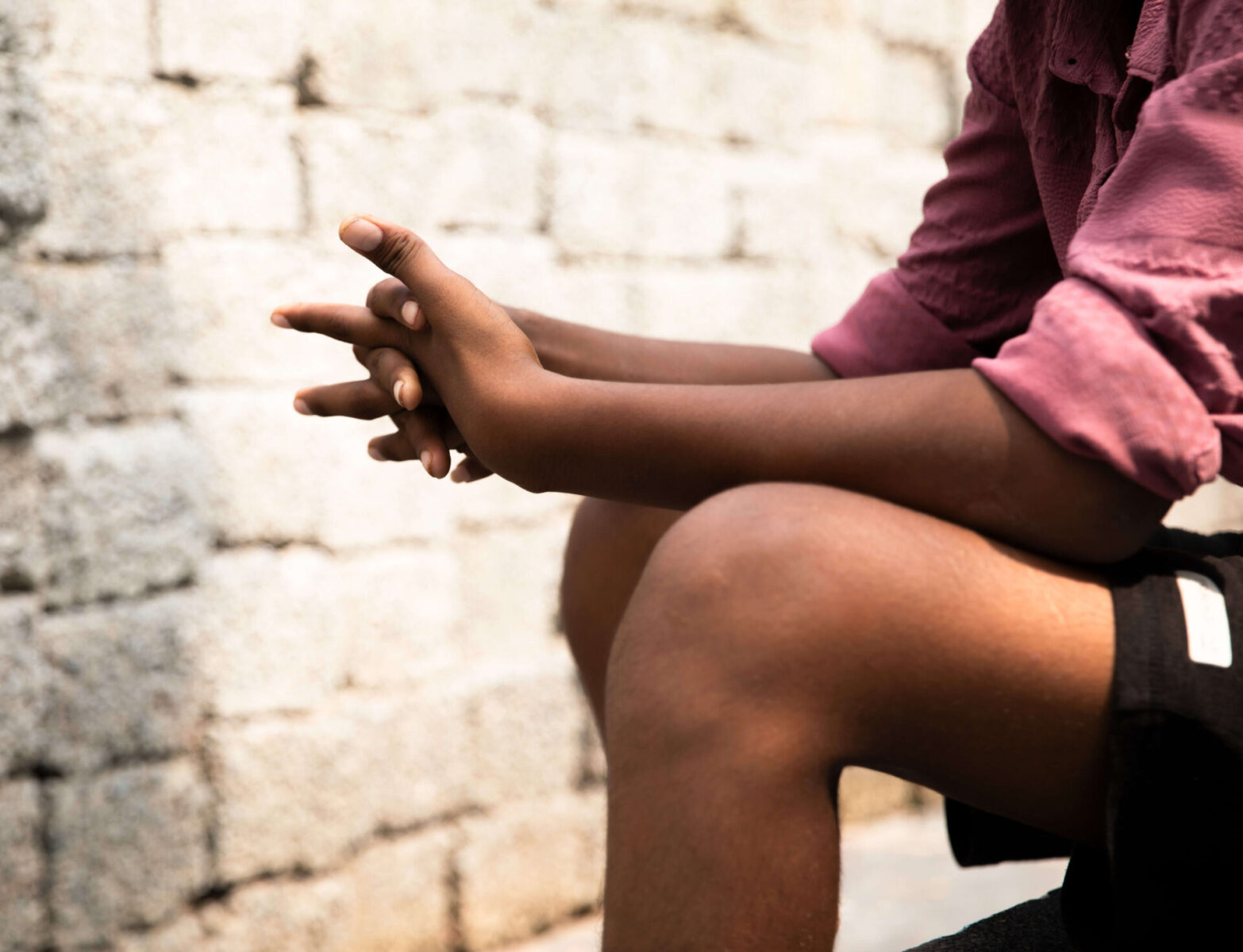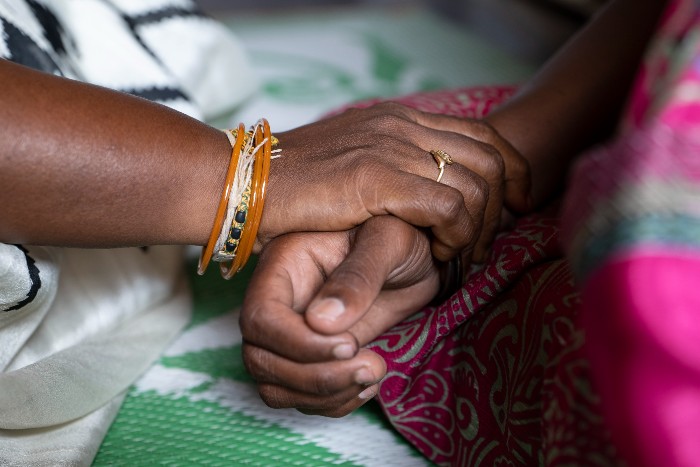
“For women to go ahead in any circumstance, there are three key aspects that we must take into account: physical and emotional well-being, along with access to basic resources, such as a journal,” says Shoba, gender counsellor in the Bathalapalli region. However, she highlights that the arrival of the pandemic has weakened these three pillars, leaving women in a more vulnerable situation. A reality present in practically every country in the world.
COVID-19 has not only submerged the whole society in a devastating health crisis, but it has brought with it a major socio-economic crisis. “Many have lost their jobs, leaving them without income and in a very stressful situation,” explains Kalavathi, a gender counsellor with four years of experience. “Likewise, educational centres have closed, and boys and girls have to stay at home studying online. This translates into more hours of family life, and at the same time requires one more plate on the table during difficult economic times”, she remarks.
The consequences that the pandemic has brought with it can encourage situations of discomfort in families and cause an increase in physical or emotional aggression towards women, who are solely responsible for taking care of the house in rural India. According to a data published by the World Health Organization (WHO), about 736 million women worldwide -one in three- are victims of some violence, and COVID-19 has only instigated and intensified this reality.
“During May 2021, the highest point of the second wave, I attended 24 cases, 54% more than I have in any given month,” says Shoba. Along with her, the majority of the RDT’s gender counsellors have received doubled number of calls from the social action teams, local groups that combat gender inequality in the villages and report situations of vulnerability and violence against women. “My husband and I stopped going to work during the second wave, and living together got complicated. We spent many hours together, and he got more angry than usual. There were more fights”, explains Thulasi*, one of the women who received support from the RDT gender counsellors.
“The social action teams, as well as the community development committees, and the RDT supplementary schools’ teachers have been essential for the gender counsellors to continue accompanying the women who have needed it during the pandemic”, explains Murali, RDT gender advisor.
He also remarks that despite mobility restrictions, the gender counsellors have not stopped visiting the villages at any time during the second wave and have been working hand in hand with the local authorities and police officers. “The curfew started at noon, so at 6 am, we were ready to tour different towns. Even if there were emergency situations, we would ask for a special mobility permit so that we could continue to support women when they needed it.”
“At times like the one experienced in the last year and a half is when our work is most important, violence against women does not stop, but increases,” says Hemalatha, assistant director of RDT women sector. And emotional support becomes essential. “Being able to call my counsellor and have her help me get ahead and remind me of the value I have as a woman in such difficult times is priceless,” says Thulasi*.
To reduce the effects of other side of the pandemic, RDT gender counsellors are convinced that their best ally is education. “To end this constant, we must continue organising awareness sessions for men, who must understand that they are not superior to women,” explains Murali. “We also have to continue working with women, as they often normalise certain behaviours simply because they have always been like this,” Shoba remarks. “And we cannot forget the boys and girls. If they are educated from a young age and given a good example, we will be able to break the imposed gender roles”, adds Kalavathi.
Gender counsellors have been doing essential work for the community, and for its women, for years. “Now more than ever, we will continue working to achieve equality between women and men,” says Murali. “And we will continue to bring something as essential as gender counselling to all women who do not have the financial resources to access it,” says Sunita. “And we will show that women have value for themselves,” adds Shoba.
*These names and identifying details have been changed to protect the privacy of individuals.

